Ancor's Marine Grade terminals are engineered with the objective of delivering reliability and performance for electrical projects in marine environments. Featuring nylon insulation that boasts ease of crimping and resistance to splitting, these butt connectors carry design and material characteristics tailored to endure the demanding conditions of nautical applications.
- Made with tinned copper for low electrical resistance and superior corrosion resistance.
- Nylon insulated with an additional grip to further safety and durability.
- Feature a funnel entry design which eases the insertion of wires.
- Barrel design for a firm wire grip with minimal crimping force.
- Compliant with UL 486C standards, showcasing adherence to safety and quality benchmarks.
However, safety warnings are important to take into account. This product includes chemicals, such as di(2-ethylhexyl)phthalate (DEHP), recognized by the State of California to pose health risks that include cancer and reproduction-related impairments. For comprehensive guidance, visiting P65Warnings.ca.gov is recommended.
Frequently Asked Questions
Q: How do I use these butt connectors?
A: To employ these butt connectors, you need to remove the insulation from the wire ends you wish to converge. Slide the exposed wire into either end of the butt connector. A crimping tool is then used to pinch the connector onto the wires, ensuring a steadfast and enduring connection.
Q: Can these connectors be used in marine applications?
A: Absolutely, these butt connectors are ideal for marine contexts. Fabricated with materials primed to endure harsh marine conditions, they deliver unparalleled corrosion protection and are marine-grade certified.
Q: What size wires can these connectors accommodate?
A: The connectors are suitable for 16-14 AWG wires, aligning with standard gauges utilized in marine and various electrical systems.
Q: Are these connectors easy to crimp?
A: Indeed, they are engineered for ease of crimp with a barrel design that clinches the wire firmly with minimal effort.
Q: Do these connectors meet any standards?
A: Yes, conformity with UL 486C standards ensures the connectors have been rigorously tested and validated for quality and performance in electrical connections.


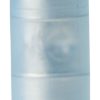
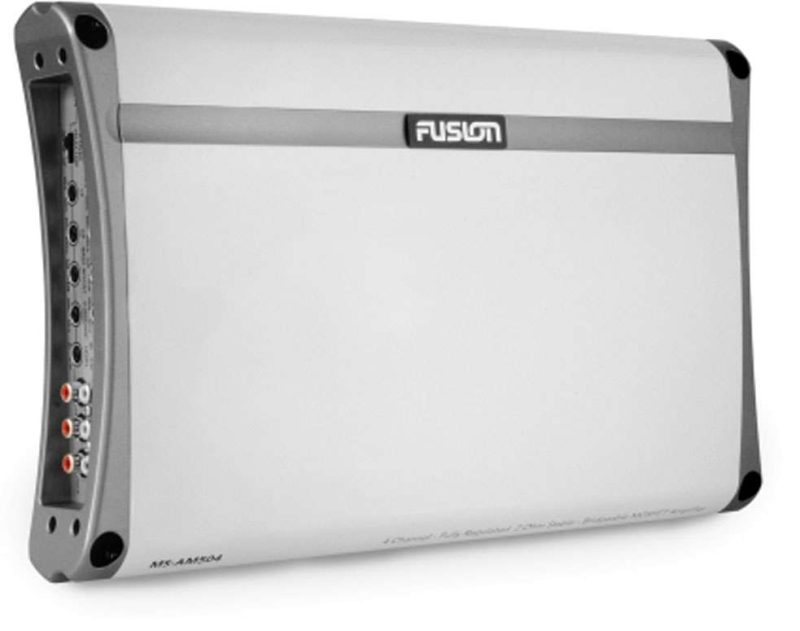
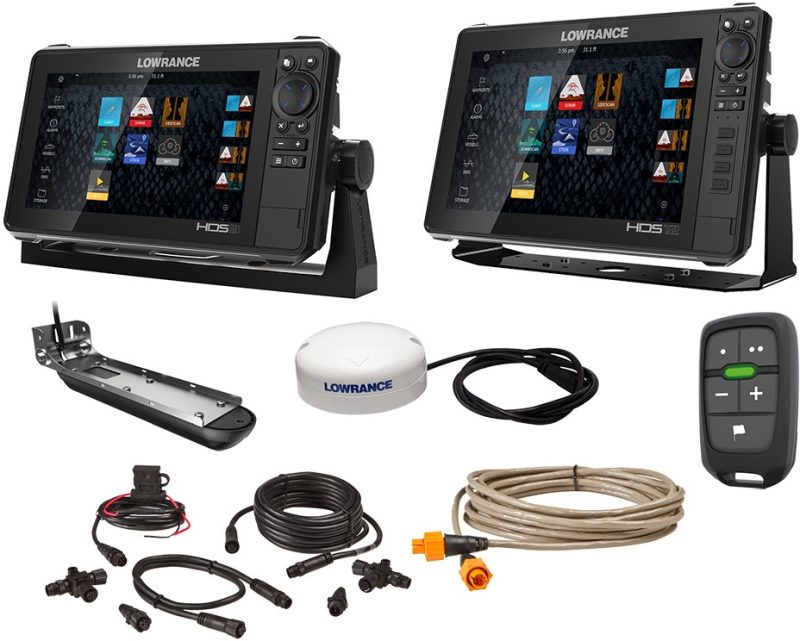
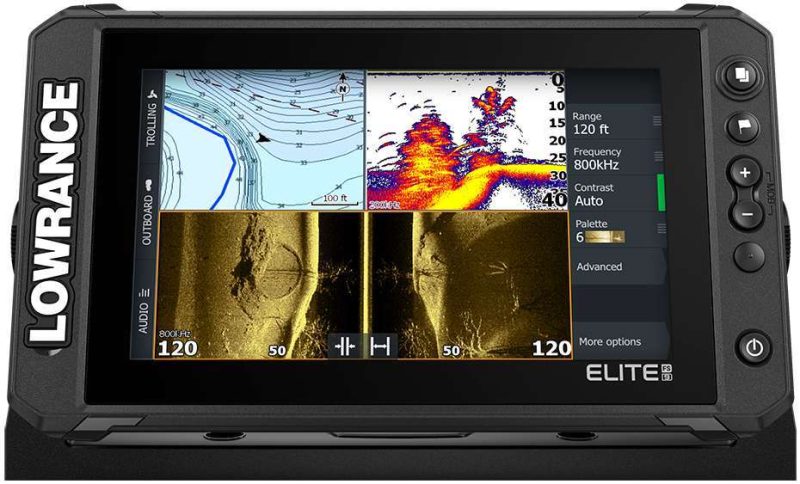
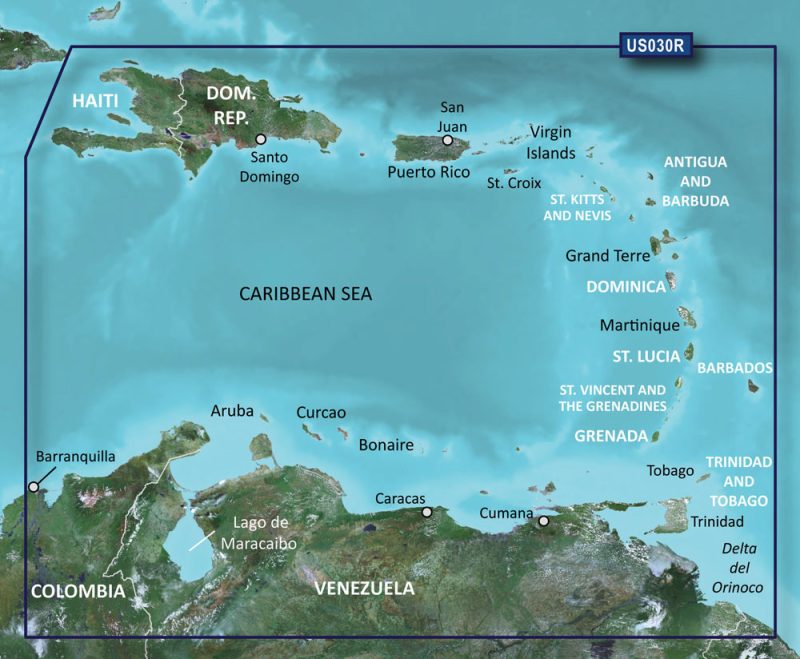

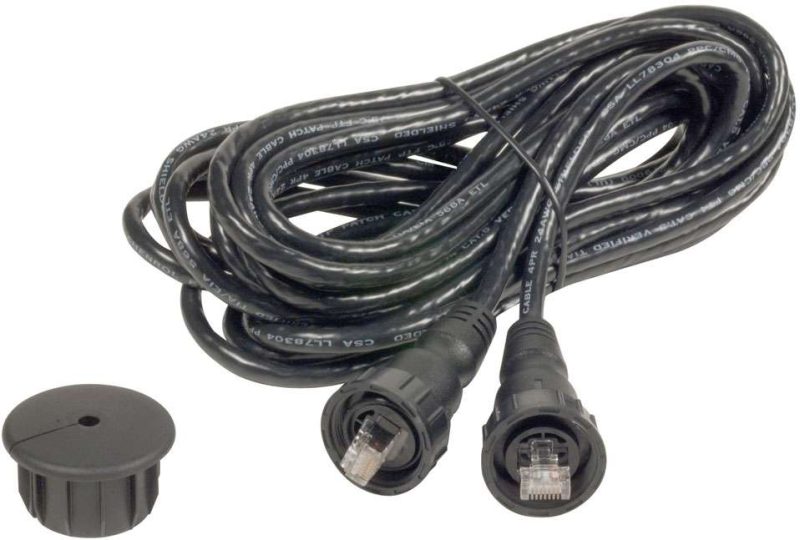

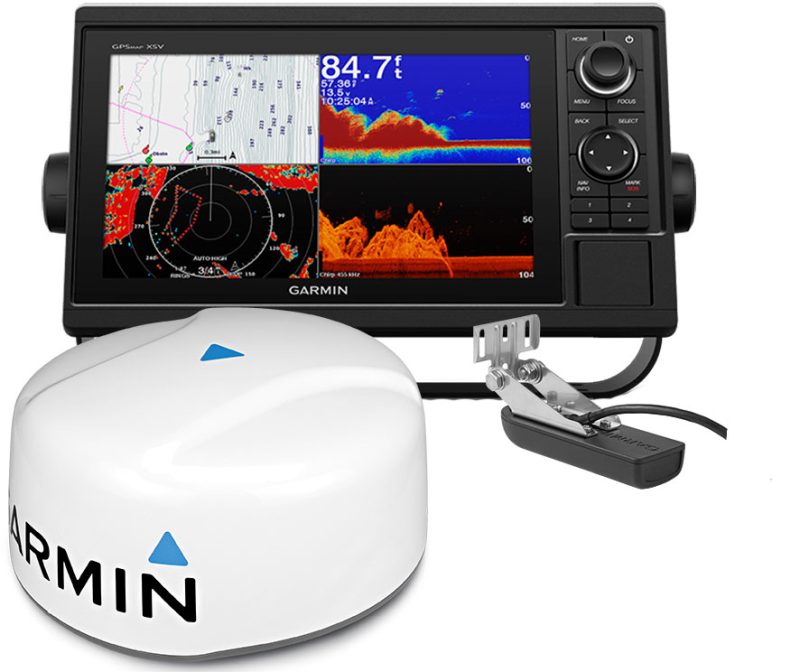
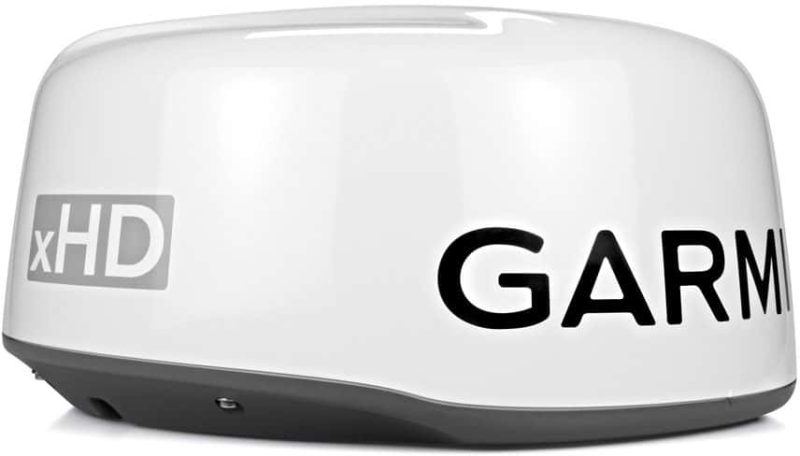
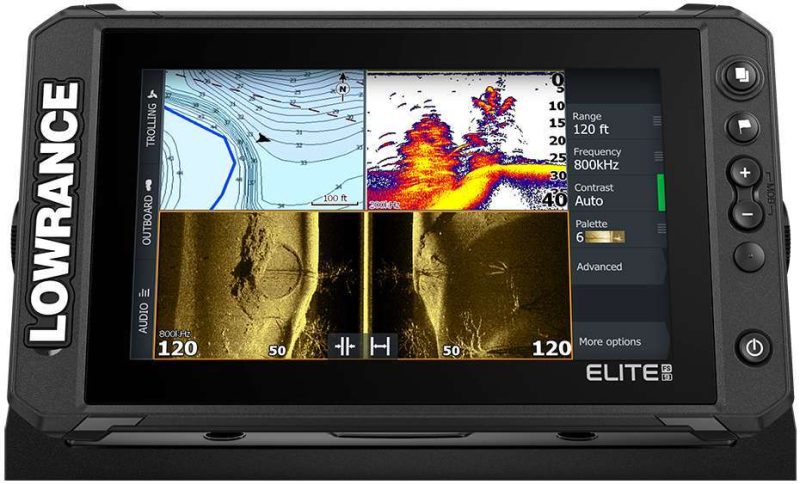

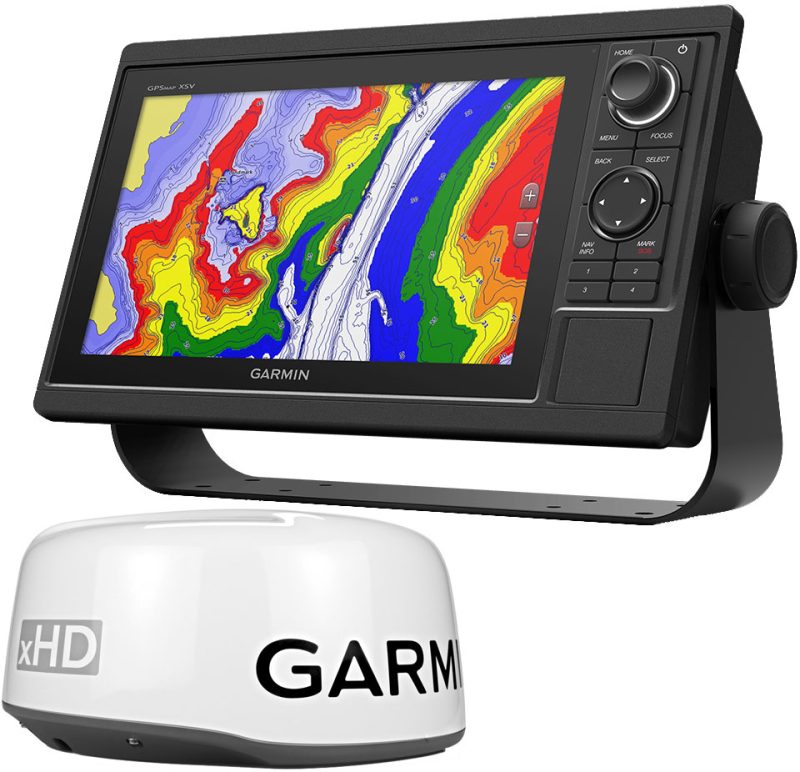
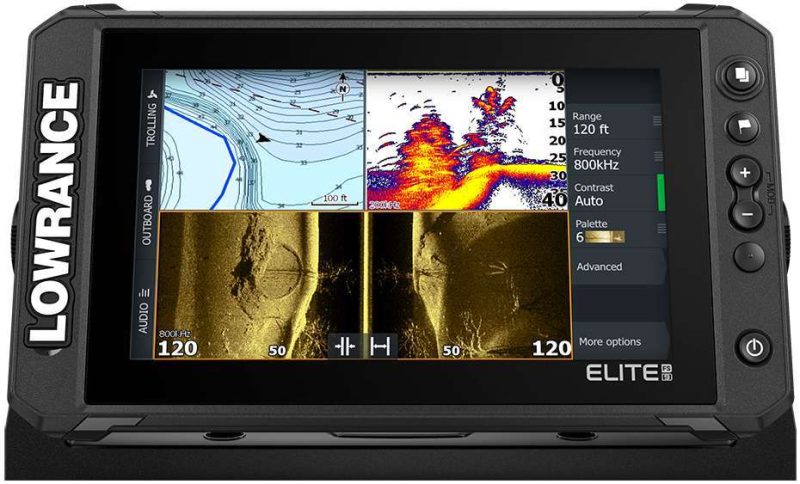
Trinh –
Coleman –
Briann –
Justina –